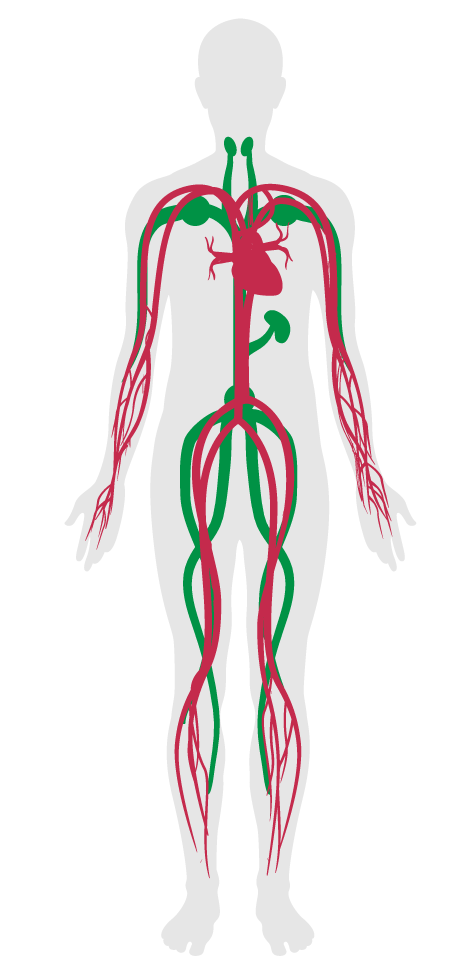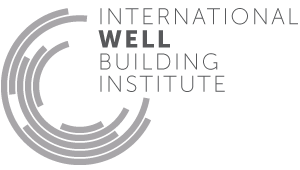Responsible food production
- 38 Fruits and vegetables
- 39 Processed foods
- 40 Food allergies
- 41 Hand washing
- 42 Food contamination
- 43 Artificial ingredients
- 44 Nutritional information
- 45 Food advertising
- 46 Safe food preparation materials
- 47 Serving sizes
- 48 Special diets
- 49 Responsible food production
- 50 Food storage
- 51 Food production
- 52 Mindful eating
- P1 Food environment
- P7 Strategic Dining Design
49. Responsible food production
Organic and sustainable farming practices are designed to reduce environmental pollution and increase the quality of life of livestock that we rely upon for food. Organic farming makes up a rapidly growing share of food cultivation processes in the U.S. due to increasing demand from conscientious consumers. While research on health effects of consuming organic versus conventionally-grown foods is still inconclusive, studies have found higher levels of antioxidants and lower levels of pesticide residues and antibiotic-resistant bacteria in organic as compared to conventionally-grown foods.
This feature requires the adoption of organic and free-range agricultural products.
All produce sold or distributed on the premises on a daily basis by (or under contract with) the project owner meets the following criteria:
All meat, egg and dairy products sold or distributed on the premises on a daily basis by (or under contract with) the project owner meet the following criteria for the humane treatment of livestock:

Applicability Matrix
| Core & Shell | New & Existing Buildings | New & Existing Interiors | |
|---|---|---|---|
| Part 1: Sustainable Agriculture | - | O | O |
| Part 2: Humane Agriculture | - | O | O |
| Commercial Kitchen | Education | Multifamily Residential | Restaurant | Retail | |
|---|---|---|---|---|---|
| Part 1: Sustainable Agriculture | - | O | - | P | - |
| Part 2: Humane Agriculture | - | O | - | P | - |
Verification Methods Matrix
| Letters of Assurance | Annotated Documents | On-Site Checks | |
|---|---|---|---|
| Part 1: Sustainable Agriculture | Operations Schedule | ||
| Part 2: Humane Agriculture | Operations Schedule |
| 49.1.a |
The USDA's Organic Requlations require that organic products do not contain genetically modified ingredients and avoid synthetic materials such as antibiotics and pesticides. |
| 49.2.b |
The USDA's Organic Requlations require that organic products do not contain genetically modified ingredients and avoid synthetic materials such as antibiotics and pesticides. |
| 49.2.a |
Humane Farm Animal Care’s Humane Farm and Animal Care Comprehensive Animal Welfare Standards Comparison by Program requires that animals are uncaged throughout their lives and not exposed to antibiotics and hormones. |
